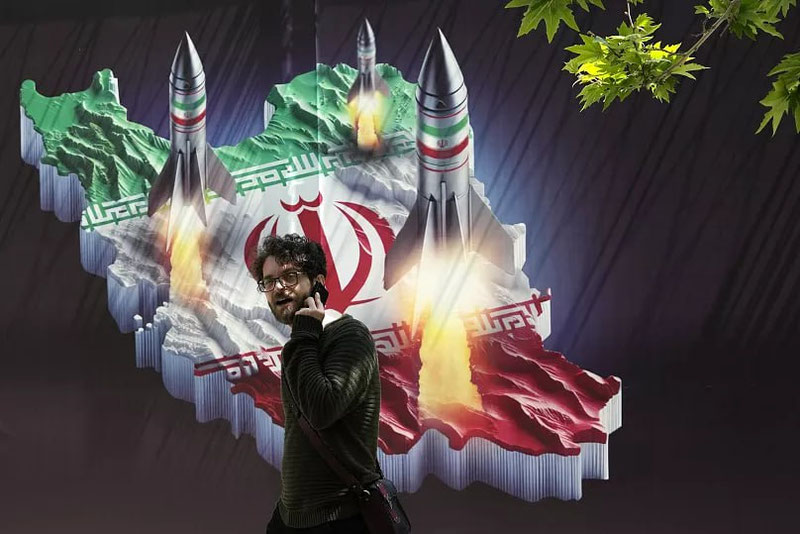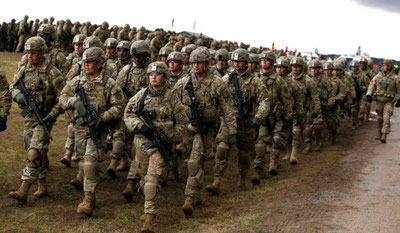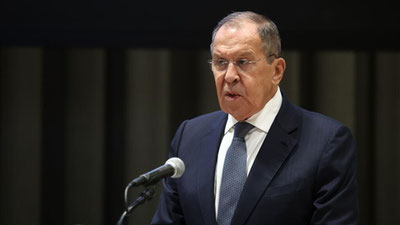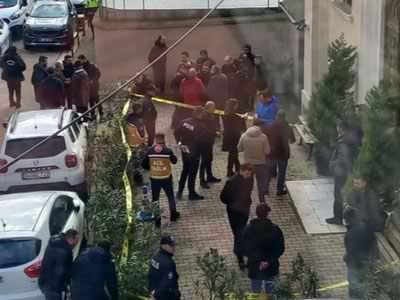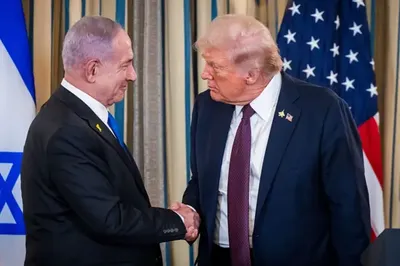The Director-General of the International Atomic Energy Agency (IAEA), Rafael Grossi, reports that despite the military strikes by the USA and Israel in recent months, Iran could resume enriching uranium in the coming months, according to "zamon.uz".
On June 13, 2025, Israel conducted aerial strikes on Iran's nuclear and military facilities. Israeli officials stated that these attacks were carried out to prevent Tehran from acquiring nuclear weapons. Subsequently, the USA also became involved in the conflict, dropping bunker buster bombs on the Fordow nuclear facility.
Tehran insists that its nuclear program is aimed at peaceful purposes and has no intention of acquiring weapons of mass destruction. According to official sources, the exact scale of the damage is unknown. The Iranian Minister of Foreign Affairs, Abbas Araghchi, described the damage as "serious" but did not disclose details.
Although US officials have stated that the strikes pushed back Iran's nuclear capabilities for "decades," the IAEA head views this claim with skepticism. According to Grossi: "Some facilities are still intact. Iran could begin enriching uranium again within months, if not sooner.".
Observers believe that Iran currently possesses a stockpile of 408.6 kg of 60% enriched uranium. This level is above what is required for peaceful energy purposes but below what is needed for weapon production. It is speculated that these reserves were moved to an undisclosed location before the strikes by Israel and the USA.
Grossi highlighted the uncertainties: "The whereabouts of these materials are unknown. Some may have been destroyed during the attacks, while others could have been moved to hidden locations. This needs to be clarified.".
Following the strikes, the Iranian parliament decided to halt several collaborations with the IAEA. The organization's request to visit the Fordow facility was also denied.
